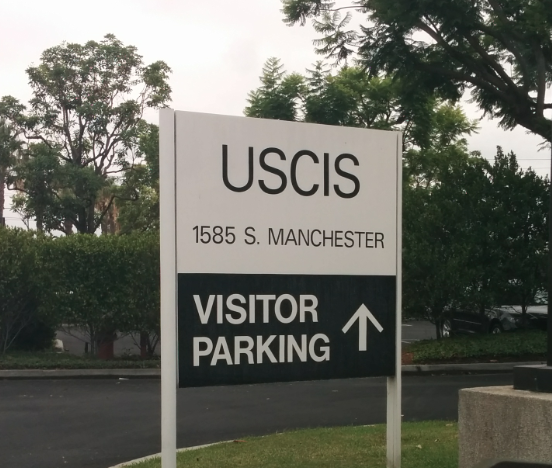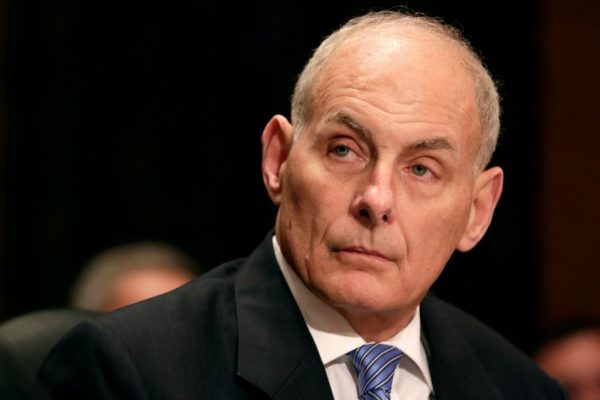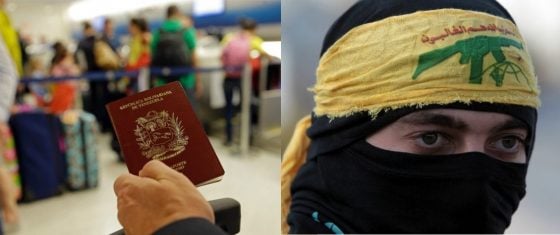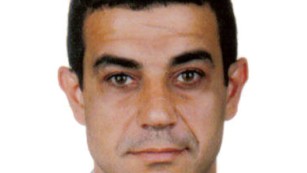When it comes to asylum seekers, a person under the Obama administration only needed to say they were seeking asylum. Trump’s plan raises the bar where conditions for being granted asylum must be proven.

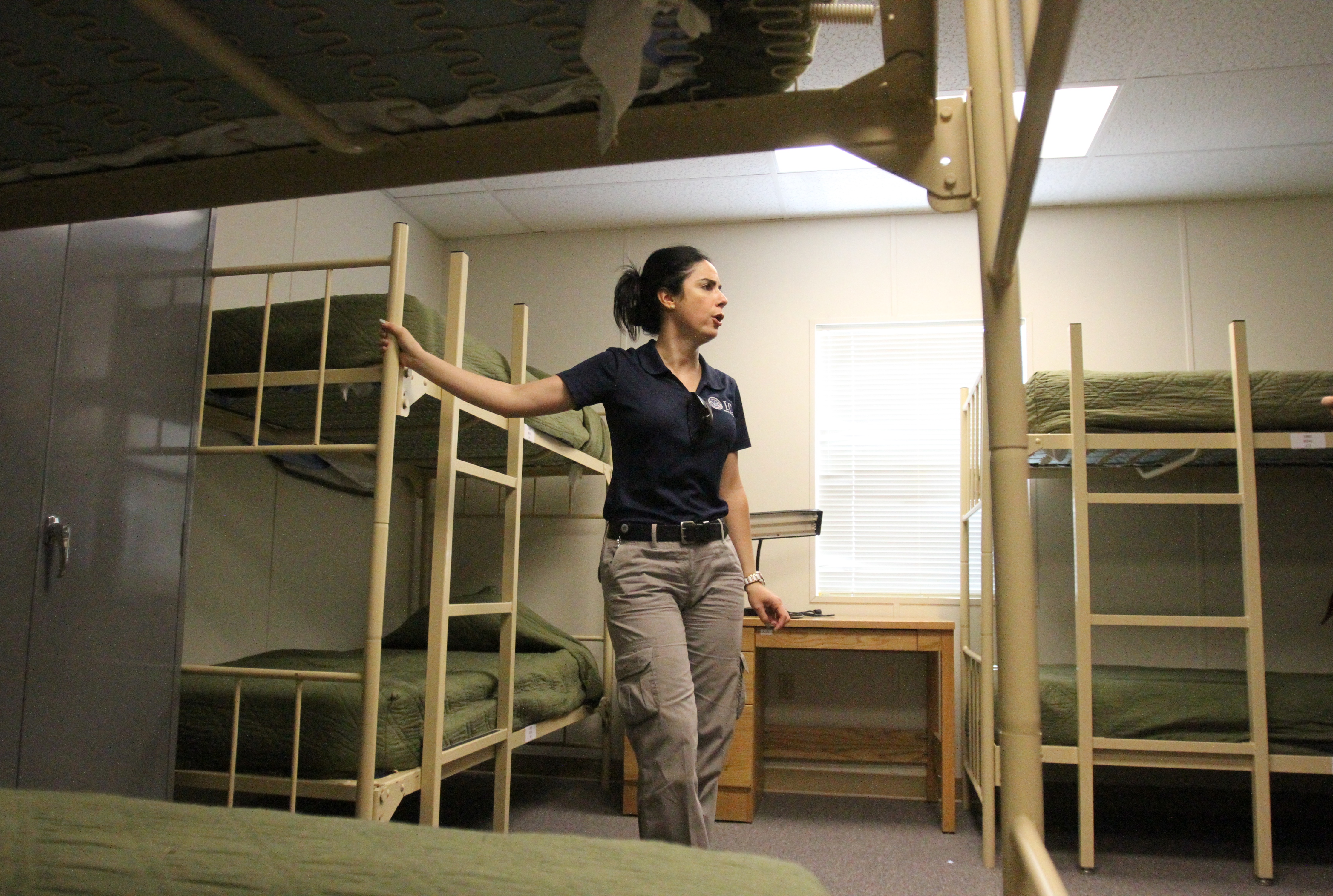
WHAT IS “CREDIBLE FEAR”?
Under the Immigration and Nationality Act, an applicant must generally demonstrate “a well-founded fear of persecution on account of race, religion, nationality, membership in a particular social group, or political opinion.”
Immigration lawyers say any applicants who appear to meet that criteria in their initial interviews should be allowed to make their cases in court. They oppose encouraging asylum officers to take a stricter stance on questioning claims and rejecting applications.
Interviews to assess credible fear are conducted almost immediately after an asylum request is made, often at the border or in detention facilities by immigration agents or asylum officers, and most applicants easily clear that hurdle. Between July and September of 2016, U.S. asylum officers accepted nearly 88 percent of the claims of credible fear, according to U.S. Citizenship and Immigration Services data.
Asylum seekers who fail the credible fear test can be quickly deported unless they file an appeal. Currently, those who pass the test are eventually released and allowed to remain in the United States awaiting hearings, which are often scheduled years into the future because of a backlog of more than 500,000 cases in immigration courts.
Between October 2015 and April 2016, nearly 50,000 migrants claimed credible fear, 78 percent of whom were from Honduras, El Salvador, Guatemala or Mexico, according to statistics from USCIS.
The number of migrants from those three countries who passed credible fear and went to court to make their case for asylum rose sharply between 2011 and 2015, from 13,970 claims to 34,125, according to data from the Justice Department. More here from Reuters.
Implementing the President’s Border Security and Immigration Enforcement Improvements Policies by USA TODAY on Scribd
FNC: Homeland Security Secretary John Kelly moved Tuesday to implement a host of immigration enforcement changes ordered by President Trump, directing agency heads to hire thousands more officers, end so-called “catch-and-release” policies and begin work on the president’s promised U.S.-Mexico border wall.
“It is in the national interest of the United States to prevent criminals and criminal organizations from destabilizing border security,” Kelly wrote in one of two memos released Tuesday by the department.
The memos follow up on Trump’s related executive actions from January and, at their heart, aim to toughen immigration enforcement.
The changes would spare so-called “dreamers.” On a conference call with reporters, a DHS official stressed that the directives would not affect Obama-era protections for illegal immigrants who came to the U.S. as children and others given a reprieve in 2014. But outside those exemptions, Kelly wrote that DHS “no longer will exempt classes or categories of removable aliens from potential enforcement.”
A DHS official said the agencies are “going back to our traditional roots” on enforcement.
The memos cover a sprawling set of initiatives including:
- Prioritizing criminal illegal immigrants and others for deportation, updating guidance from previous administration
- Expanding the 287(g) program, which allows participating local officers to act as immigration agents – and had been rolled back under the Obama administration
- Starting the planning, design and construction of a U.S.-Mexico border wall
- Hiring 10,000 Immigration and Customs Enforcement agents and officers
- Hiring 5,000 Border Patrol agents
- Ending “catch-and-release” policies under which illegal immigrants subject to deportation potentially are allowed to “abscond” and fail to appear at removal hearings
It’s unclear what timelines the secretary is setting for some of these objectives, and what budgetary and other constraints the department and its myriad agencies will face. In pursuing an end to “catch-and-release,” one memo called for a plan with the Justice Department to “surge” immigration judges and asylum officers to handle additional cases.
While congressional Republicans have vowed to work with Trump to fund the front-end costs associated with his promised border wall, the same memo also hints at future efforts to potentially use money otherwise meant for Mexico – following on Trump’s repeated campaign vow to make Mexico pay for the wall. The secretary called for “identifying and quantifying” sources of aid to Mexico, without saying in the memo how that information might be used.
Mexican officials repeatedly have said they will not pay for a border barrier. DHS said it has identified initial locations to build a wall where current fencing is not effective, near El Paso, Texas; Tucson, Ariz.; and El Centro, Calif.
The DHS directives come as the Trump White House continues to work on rewriting its controversial executive order suspending the U.S. refugee program as well as travel from seven mostly Muslim countries. The order was put on hold by a federal court, and Trump’s team is said to be working on a new measure.
The directives also come as the Trump administration faces criticism from Democratic lawmakers and immigration advocacy groups for recent ICE raids of illegal immigrants.
DHS officials on Tuesday’s conference call stressed that they are operating under existing law and once again shot down an apparently erroneous news report from last week claiming National Guard troops could be utilized to round up illegal immigrants. That will not happen, an official said.
“We’re going to treat everyone humanely and with dignity, but we are going to execute the laws of the United States,” a DHS official said on the conference call.



 Now the private and free enterprise system and corporations should have success. But are these companies standing on their own or just part of another circle jerk for political favors? Hah….rhetorical question until you see who is participating. How about Google….the most profitable and successful tech company out there. Well yes but… Besides Intel, Google is the top tech company
Now the private and free enterprise system and corporations should have success. But are these companies standing on their own or just part of another circle jerk for political favors? Hah….rhetorical question until you see who is participating. How about Google….the most profitable and successful tech company out there. Well yes but… Besides Intel, Google is the top tech company 